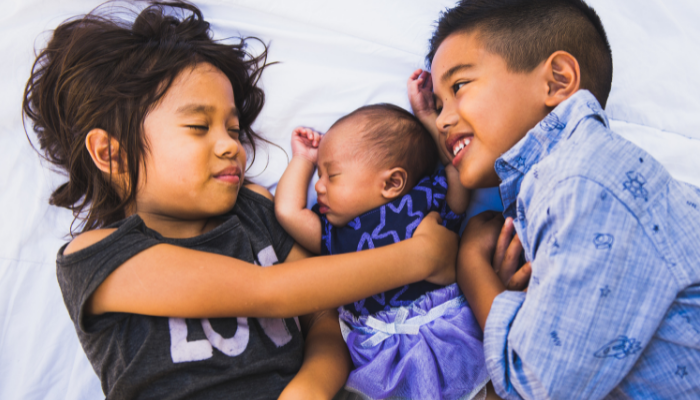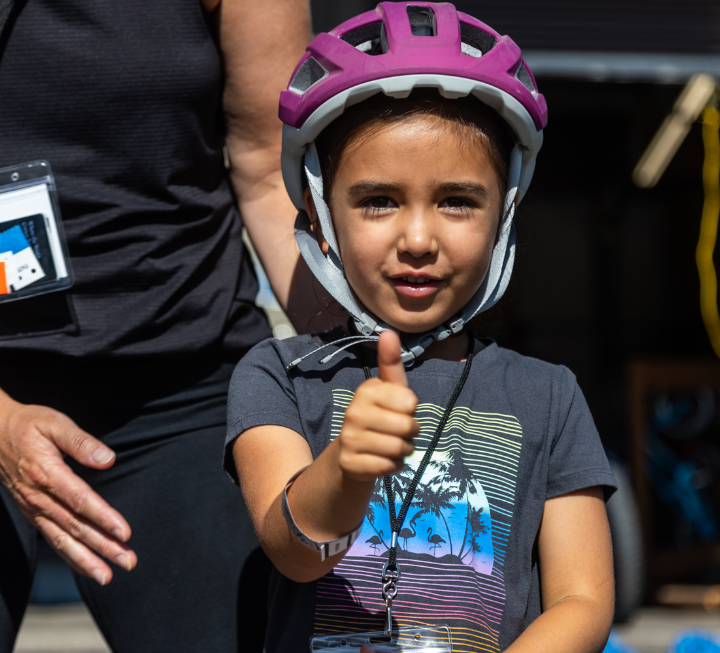“The sibling relationship is unique in that it lasts the longest of all human relationships.”*
This Epilepsy Awareness Month, we’re sharing facts about drug-resistant epilepsy and surgery on our social media channels. But one thing we don’t talk about often enough are the siblings in our community.
Sibling facts.
- Siblings of children with epilepsy often experience fear when witnessing a seizure. They often worry about seizures and wonder if they cause pain. This can lead to fear and anxiety;
- Siblings of children with chronic medical or neurological conditions often have higher levels of empathy and understanding of others. But they are a high risk for depression and other behavioral challenges;
- Siblings of children with epilepsy are sometimes at risk of psychosocial problems;
- Some studies show that adult siblings have high levels of admiration for their brother or sister with a neurological disorder;
- Other studies show that adult siblings experience less closeness and see their brother or sister as a burden.
Supporting our siblings.
Like many parents in our community, we’re worried about the impact of epilepsy and epilepsy surgery on the siblings in the families we serve. In response to this need, we’re building a new program for siblings – but we need your help! If you have a sibling in your family ages 13 – 18, please ask them to consider volunteering to help us understand the sibling experience and what we can do to make the journey easier to manage.
Complete this form to have a sibling in your family considered for this program:



